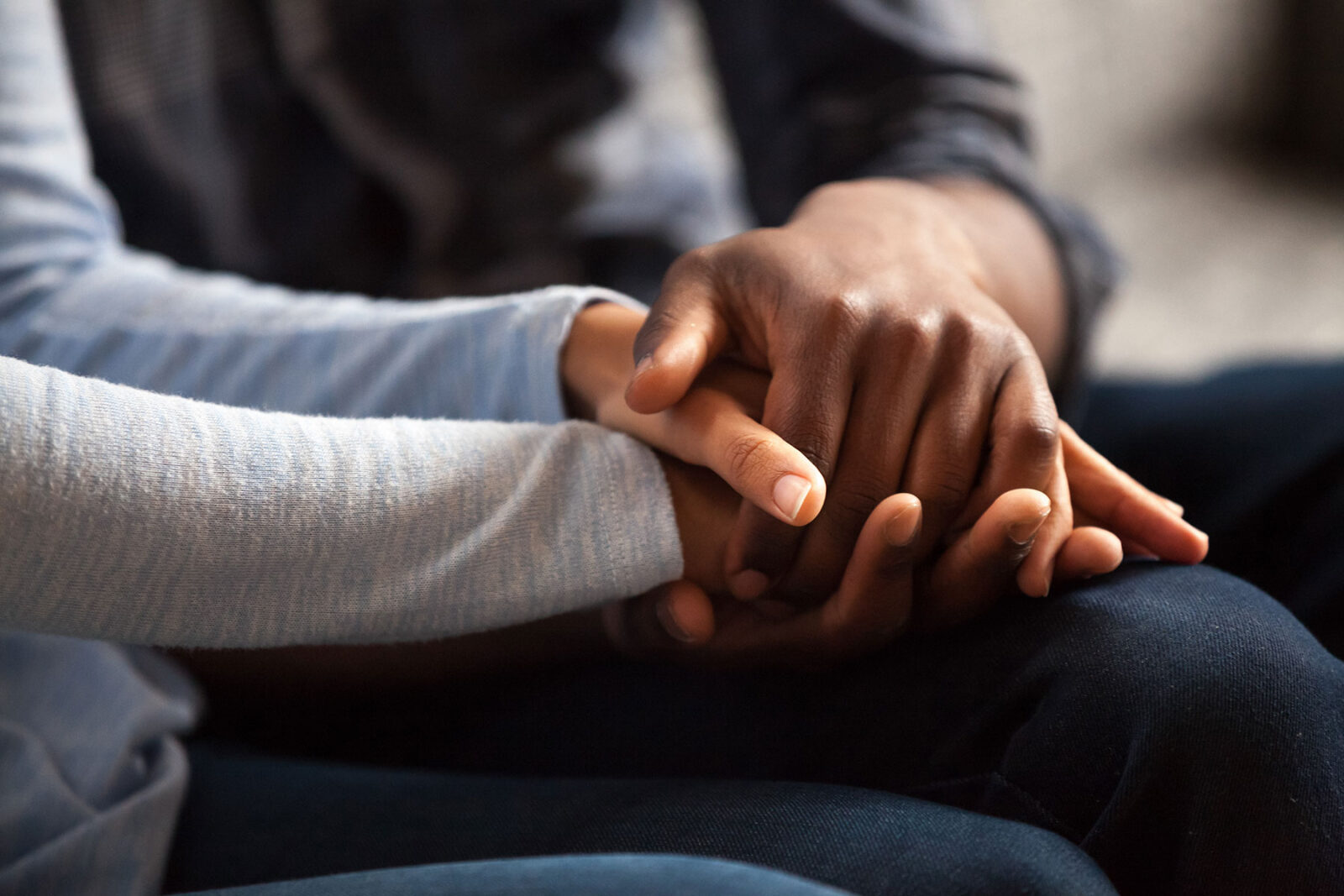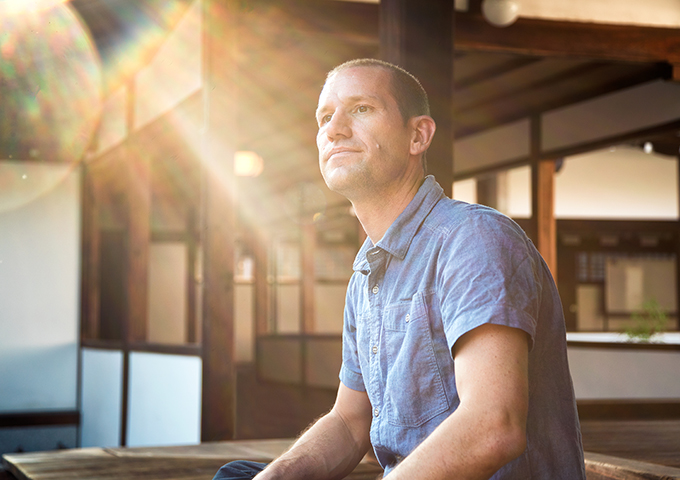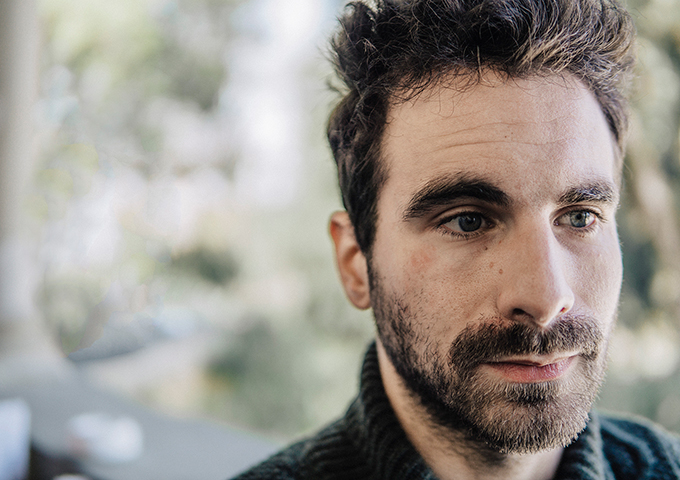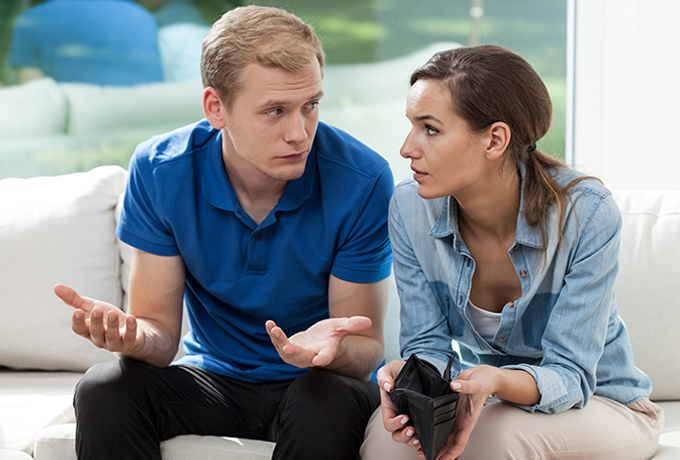Understanding verbal abuse
Many relationships face conflict, but how do we know when the problem is more serious? Read on to understand what constitutes verbal abuse, learn key signs to look for, and how to get help.
Read moreAbuse and domestic violence can be confronting, upsetting, frustrating and frightening for friends and family. If you are worried about a friend or family member who is experiencing violence or being abused, how you respond can make a big difference. Talking about what’s going on, identifying and naming it are very powerful ways to help.

Abuse and domestic violence can be confronting, upsetting, frustrating and frightening for friends and family. You may see a strong, outgoing energetic person becoming isolated, withdrawn and anxious. It may be hard to identify and confirm what’s going on. You might even doubt whether the problem can be classified as violence.
If you think there is family and domestic violence in the relationship of someone you love, you may be scared to ask in case you are wrong. You may say nothing because you don’t want to upset, interfere or offend. Because of these concerns, saying nothing can seem like the best option. But the fact is, saying nothing is probably the worst thing you can do.
If you are worried about a friend or family member who is experiencing violence or being abused, how you respond can make a big difference. Talking about what’s going on, identifying and naming it are very powerful ways to help.
The most important thing you can do is offer encouragement and support. If a person has trust you enough to discuss their situation your response can confirm they have made the right decision.
Responding without judgment, remaining calm and letting them know you are there for them are all excellent responses. Never minimise or blame the victim or imply it is their fault.
Sometimes people will keep the abuse secret. As a friend you may have concerns but you’re not sure of the signs or you don’t want to pry. You may feel it is awkward to ask and they may respond badly or you may say the wrong thing – but the worst thing you can do is keep quiet.
Sometimes none of these clues are evident. Remember, appearances can be deceiving. If you are told there is violence or abuse but there are no signs, that doesn’t mean it’s not true.
“The most important thing my friends did for me? They believed me. They listened. I felt like they were on my side. They supported me and never judged or blamed.”
If you’re experiencing family or domestic violence you can call MensLine Australia on 1300 78 99 78, access online counselling or visit 1800RESPECT.
Many relationships face conflict, but how do we know when the problem is more serious? Read on to understand what constitutes verbal abuse, learn key signs to look for, and how to get help.
Read more
The Violence Prevention Program is part of the Changing for Good service and is for men who are worried about their thoughts and behaviour escalating to physical violence.
Read more
The Post-Men’s Behaviour Change Program is part of the Changing for Good service and is for men who have completed a Men’s Behaviour Change Program (MBCP) in the last 12 months.
Read more
Domestic and family violence can take many forms – it can include many different types of behaviour including emotional, physical, sexual, spiritual and verbal abuse. One form of domestic violence which is often overlooked is financial abuse.
Read more